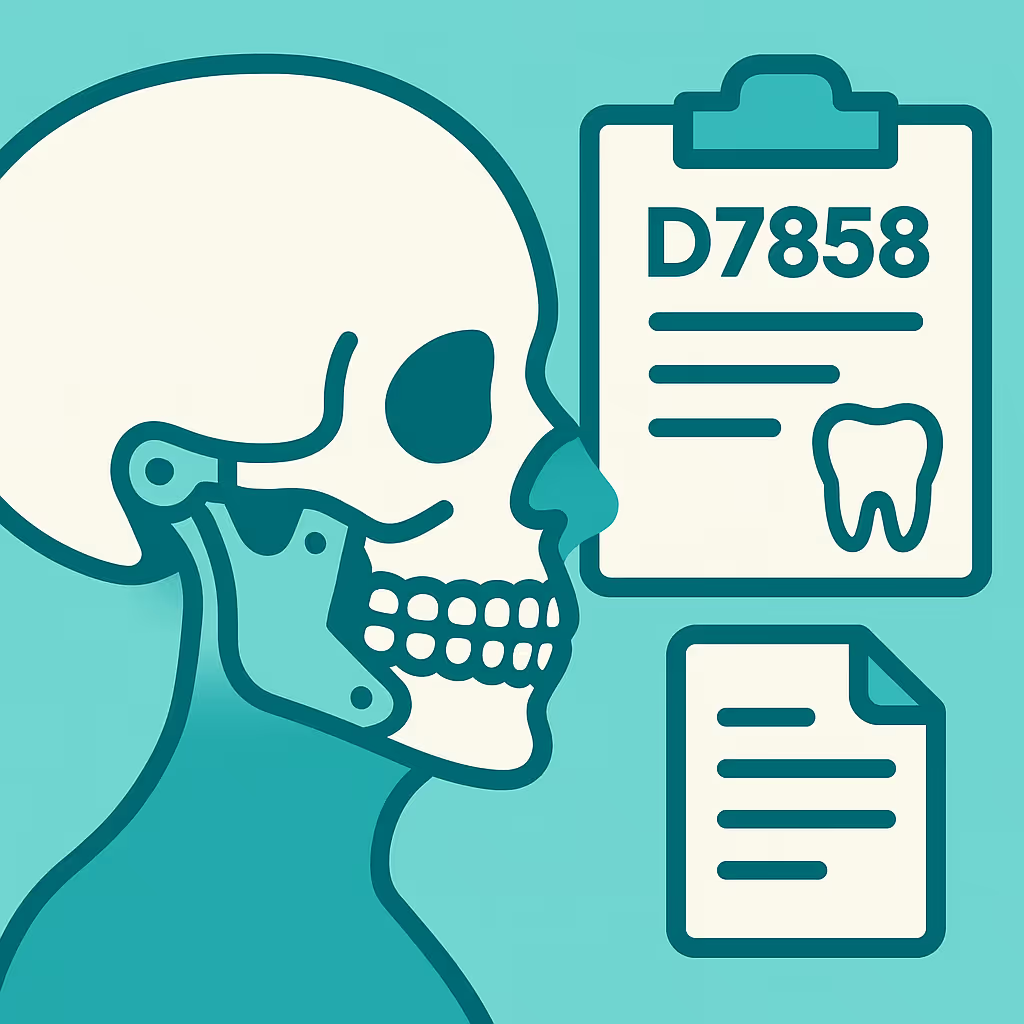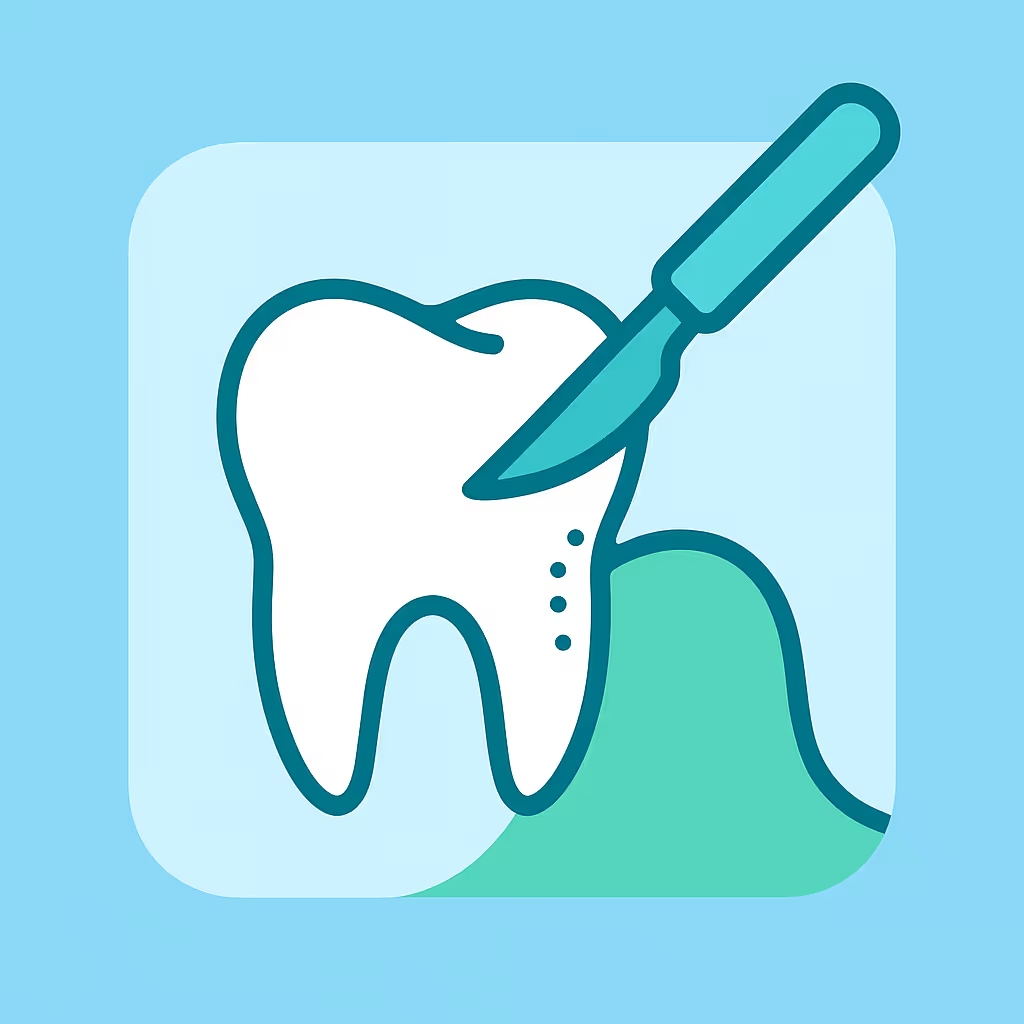Understanding Dental Code D6940
When to Use D6940 dental code
The D6940 dental code is used to report the placement of a stress breaker in a dental prosthesis, such as a partial denture. A stress breaker is a device or component designed to reduce the amount of force transmitted to abutment teeth, protecting them from excessive stress during mastication. This code should be used when a stress breaker is fabricated and inserted as a distinct, billable component, not when it is part of a standard prosthesis without additional fabrication or material costs. Proper use of D6940 ensures accurate billing and compliance with CDT guidelines.
Documentation and Clinical Scenarios
Accurate documentation is essential for successful reimbursement when billing D6940. Clinical notes should clearly describe the patient’s condition that necessitates a stress breaker, such as compromised abutment teeth, uneven occlusal forces, or a history of prosthesis failure due to stress. Include detailed descriptions of the prosthesis design, the type of stress breaker used, and its location. Supporting intraoral photos, radiographs, and lab prescriptions can strengthen your claim. Common scenarios for D6940 include patients with periodontally involved abutments or those requiring additional protection due to parafunctional habits.
Insurance Billing Tips
When submitting a claim for D6940, always verify the patient’s benefits and frequency limitations for removable prosthetic components. Attach supporting documentation, such as clinical notes and lab invoices, to demonstrate medical necessity. If the claim is denied, review the Explanation of Benefits (EOB) for the denial reason and prepare a detailed appeal letter referencing the patient’s clinical need and the CDT code descriptor. Successful dental offices often use a checklist to ensure all required documentation is included before claim submission, reducing the likelihood of denials and Accounts Receivable (AR) delays. For related procedures, reference codes such as complete denture or partial denture for comprehensive billing.
Example Case for D6940
Consider a patient presenting with a mandibular distal extension partial denture and weakened abutment teeth due to previous periodontal disease. The dentist determines that a stress breaker is necessary to preserve the longevity of the abutments. The clinical team documents the rationale, takes pre- and post-op photos, and includes a lab slip detailing the stress breaker’s fabrication. The claim is submitted with all supporting documentation, and the insurance carrier approves the D6940 code, resulting in timely reimbursement and optimal patient care. This real-world example highlights the importance of thorough documentation and proper code usage.





